Best AI tools for< Settle A Debate >
9 - AI tool Sites

Edcafe AI
Edcafe AI is a powerful AI toolkit designed for educators to effortlessly generate and organize high-quality instructional and learning content using AI. It offers advanced features tailored for educators, such as custom chatbots, teaching resources, flashcards, interactive quizzes, and slide generators. The platform aims to streamline lesson planning, content creation, and student engagement by providing personalized learning paths and collaborative tools for educators.

SplitMyExpenses
SplitMyExpenses is an AI-powered application designed to simplify shared expenses with friends. It allows users to create groups, split bills effortlessly, track debts, and settle up using integrated payment apps. The app offers modern design, AI receipt itemization, friend data powered by payment apps, and beautiful spending charts to help users manage their expenses efficiently. With over 150 supported currencies and secure handling of data, SplitMyExpenses revolutionizes the age-old problem of bill splitting, providing users with a stress-free experience.
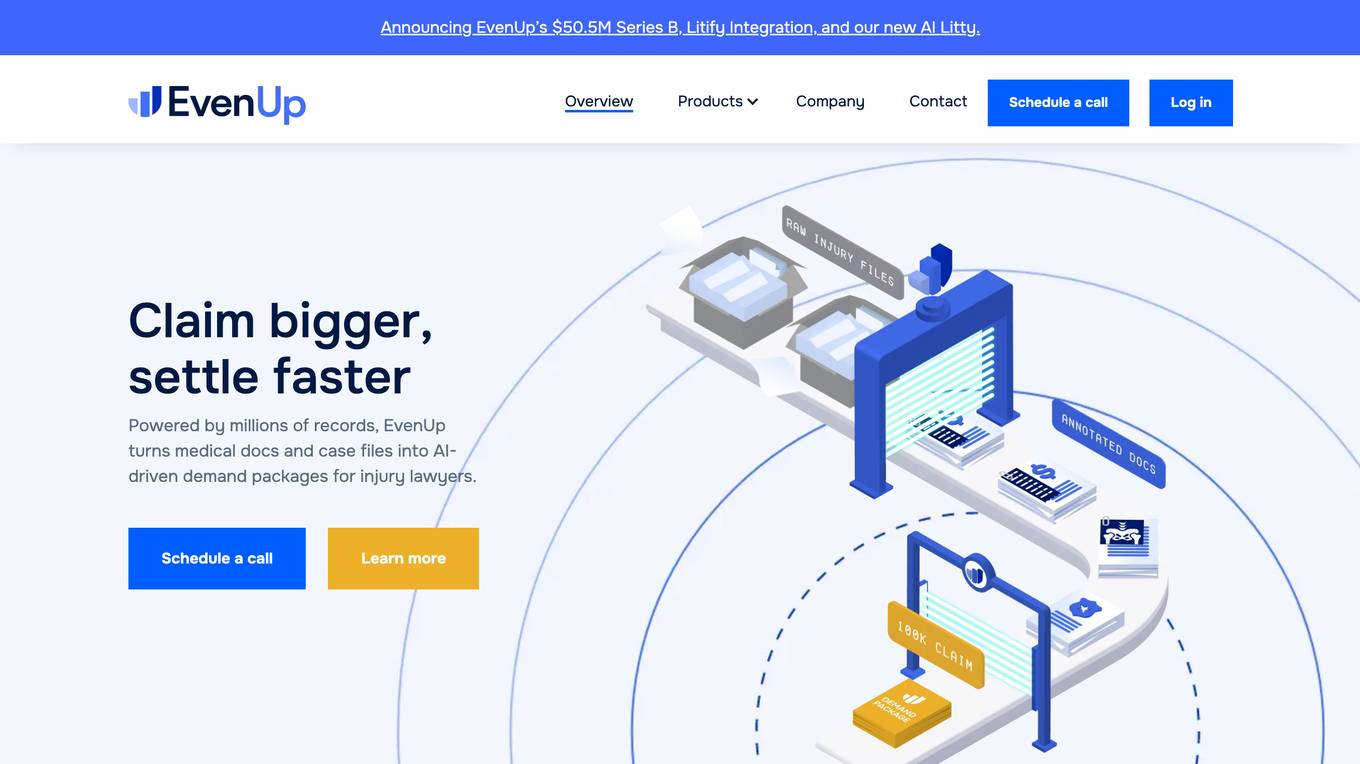
EvenUp
EvenUp is a unified, AI-powered Claims Intelligence Platform that assists legal professionals in managing various aspects of personal injury cases. The platform offers AI-powered tools like Case Companion, Demands™, MedChrons™, Executive Analytics™, Case Preparation™, Negotiation Preparation™, Settlement Repository™, and Piai™ to streamline case management, document analysis, negotiation preparation, and settlement outcomes. EvenUp aims to provide accurate and data-driven insights to maximize case value and settlement outcomes for law firms dealing with personal injury cases.

GeekWire
GeekWire is a technology and business news website that covers breaking news, startups, space, sustainability, health, and life sciences. The site provides insights into the latest developments in the tech industry, including coverage of major companies like Amazon and Microsoft. GeekWire also features podcasts, events, and resources for entrepreneurs and investors.
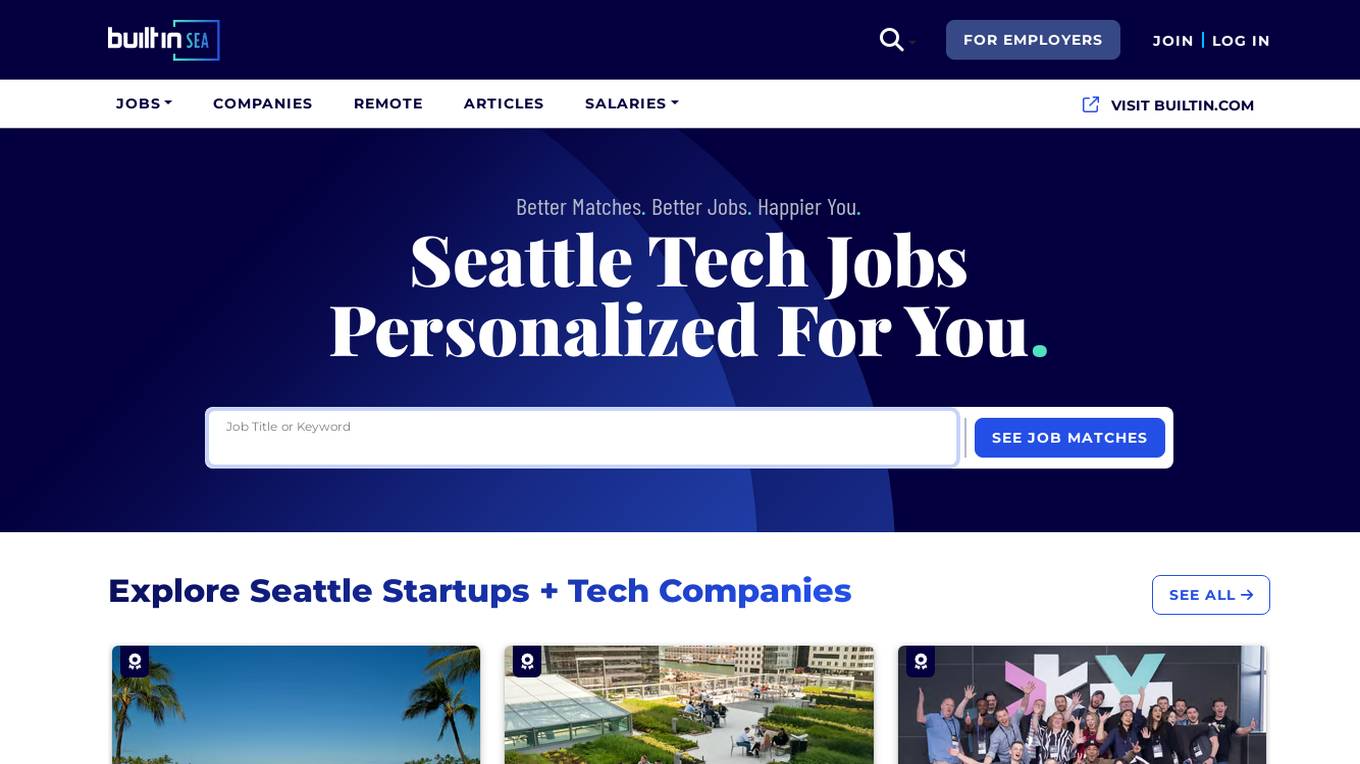
Built In Seattle
Built In Seattle is an online community for startups and tech companies. It provides a platform for job seekers to find tech jobs in Seattle and for employers to post job openings. Built In Seattle also offers news, events, and resources for the Seattle tech community.
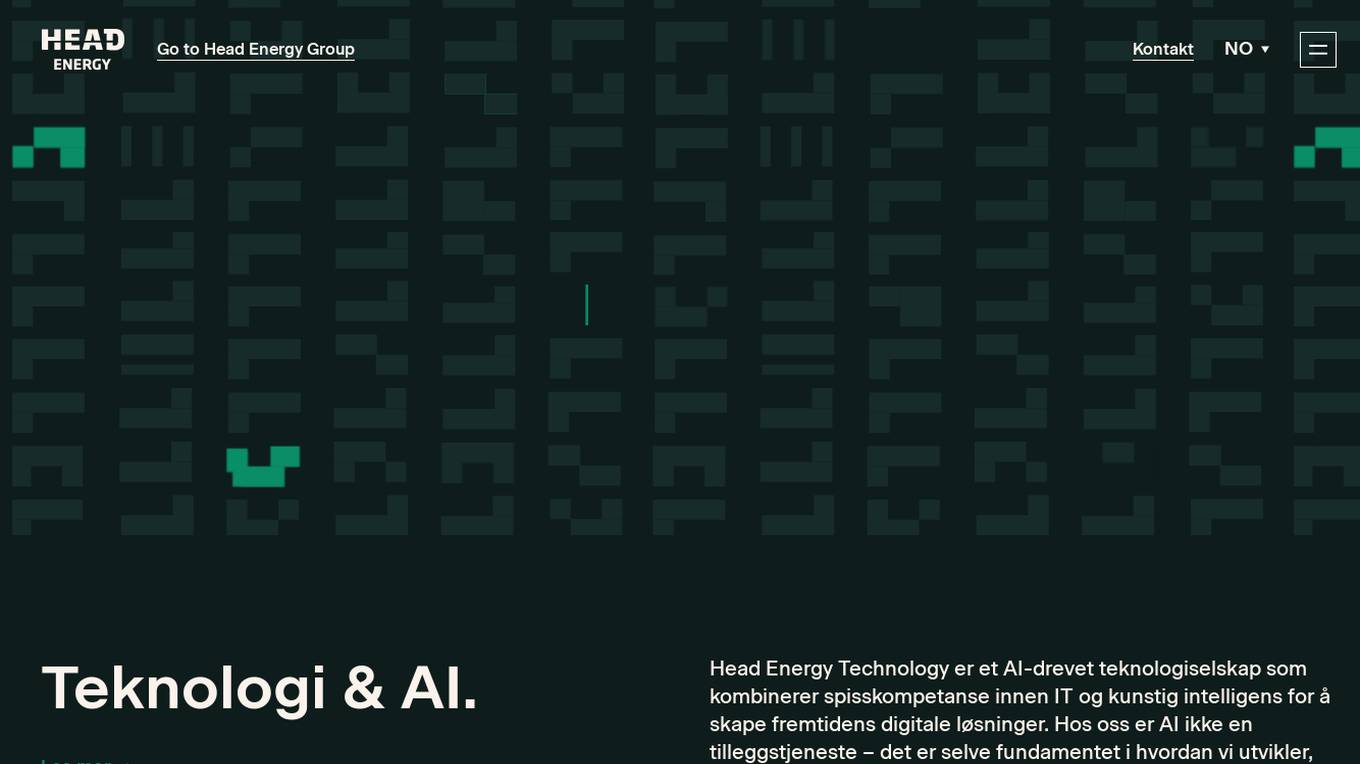
Head Energy
Head Energy is an independent engineering company that delivers projects, consultancy, products, and services primarily in the energy and construction sectors. They aim to promote sustainable solutions and make a positive impact by providing innovative engineering solutions for more efficient energy production, lower emissions, and improved infrastructure. With a focus on being a leading employer offering professional development, flexibility, and high expectations, Head Energy operates as a unique engineering group positioned in both the energy and construction industries.
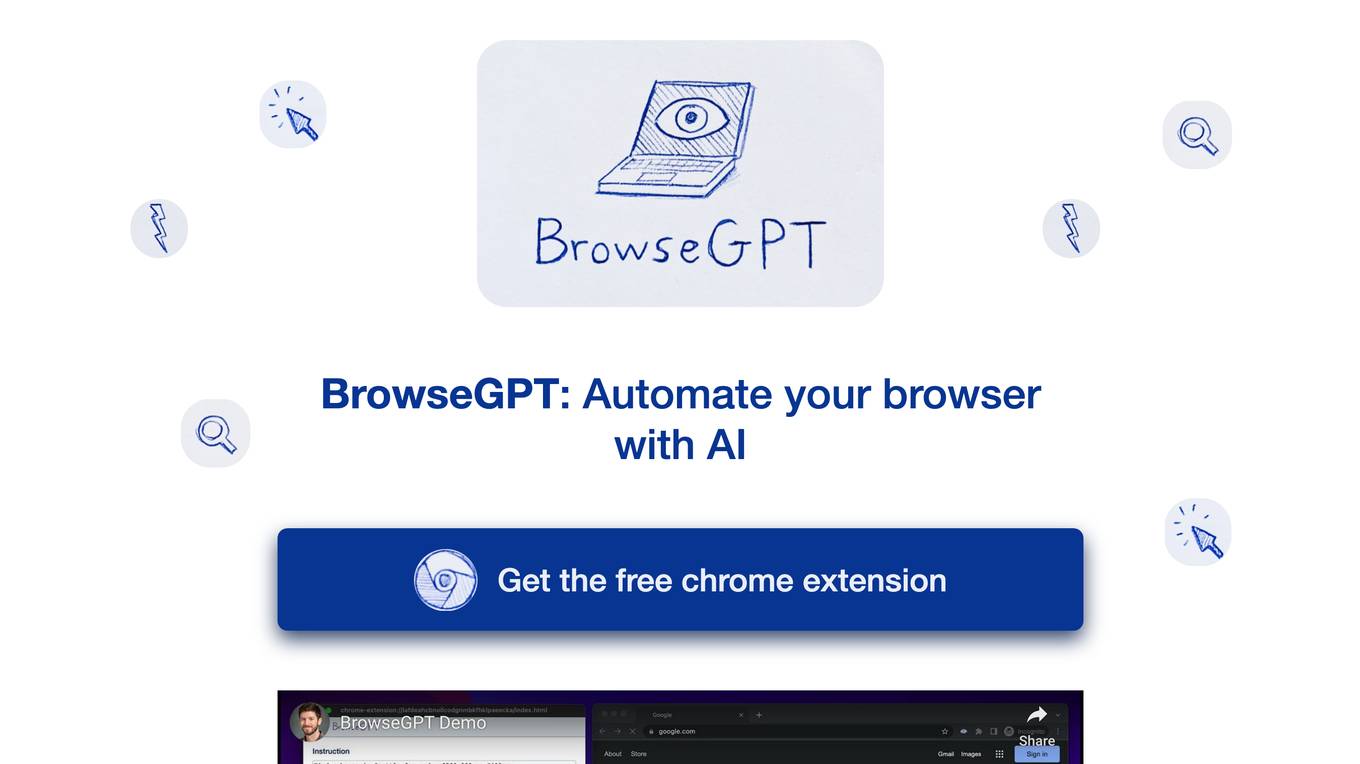
BrowseGPT
BrowseGPT is a free Chrome extension that uses artificial intelligence to automate your browser. You can give BrowseGPT instructions like "Find a place to stay in Seattle on February 22nd" or "buy a children's book on Amazon", and it will use OpenAI's GPT-3 model to process web pages and issue commands like CLICK, ENTER_TEXT, or NAVIGATE to complete the task for you.
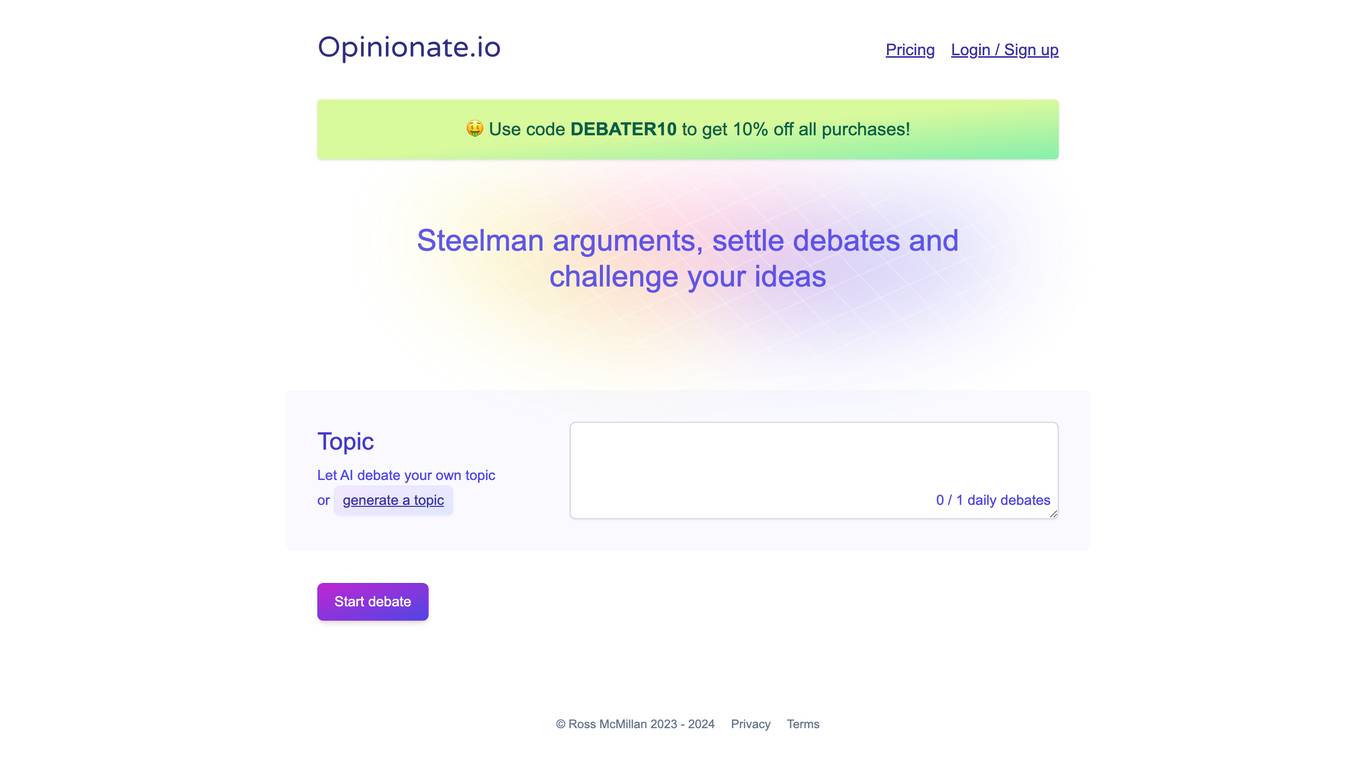
Opinionate
Opinionate is an AI-powered tool designed for steel manning to enhance decision-making and strengthen arguments. It allows users to engage in debates, generate topics, and challenge ideas with the assistance of artificial intelligence. The platform aims to facilitate constructive discussions and provide valuable insights through automated debate processes.

WashingtonSEO.AI
WashingtonSEO.AI is an AI-powered SEO tool designed to provide comprehensive strategies for Washington businesses to dominate local search results, attract qualified traffic, and achieve sustainable growth through data-driven SEO. The tool focuses on state-specific and local SEO strategies essential for targeting Washington's diverse markets, ranging from bustling urban centers like Seattle to smaller towns. By leveraging advanced SEO techniques tailored explicitly for Washington's unique market dynamics, WashingtonSEO.AI helps businesses outrank competitors, attract more local customers, and generate sustainable growth.
0 - Open Source AI Tools
5 - OpenAI Gpts
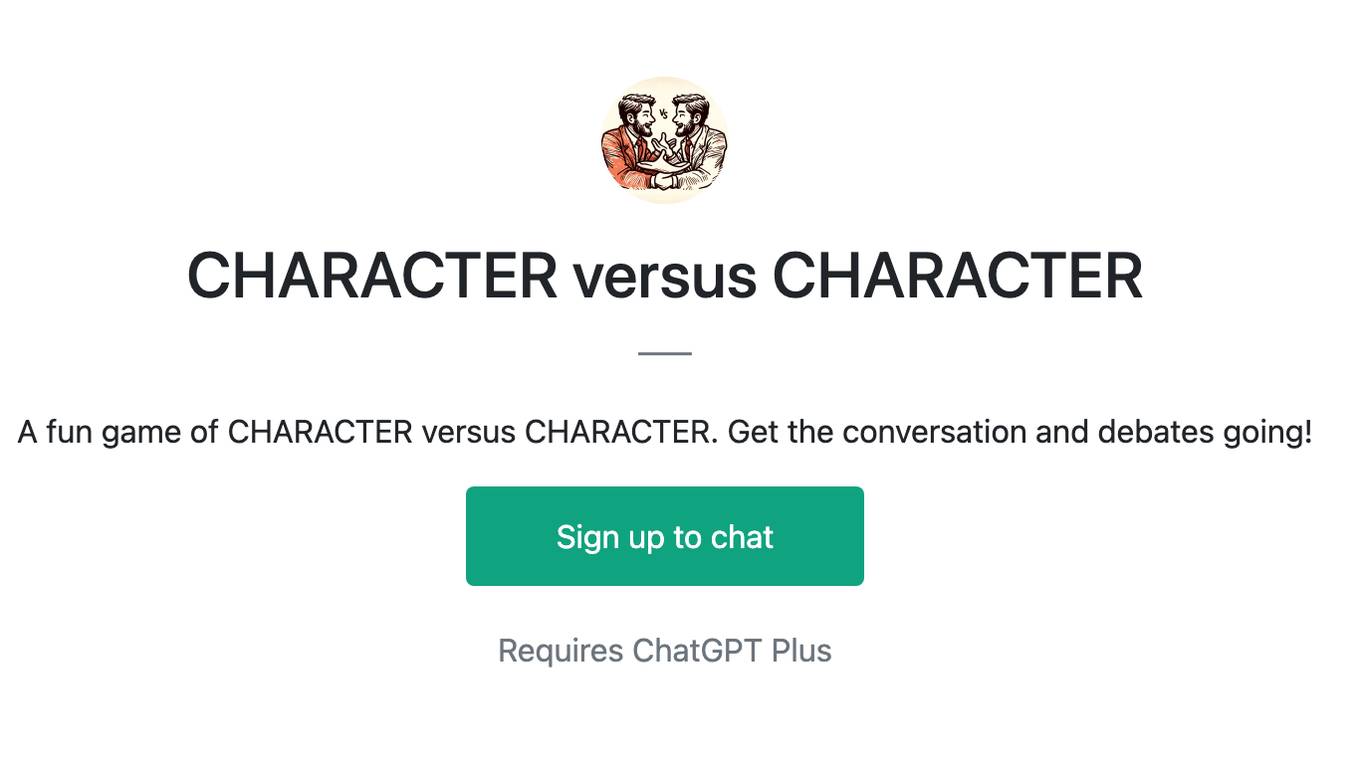
CHARACTER versus CHARACTER
A fun game of CHARACTER versus CHARACTER. Get the conversation and debates going!

Refugees resettlement support
I’m here to help refugees settle down in their new home, and to support organizations who help them.


